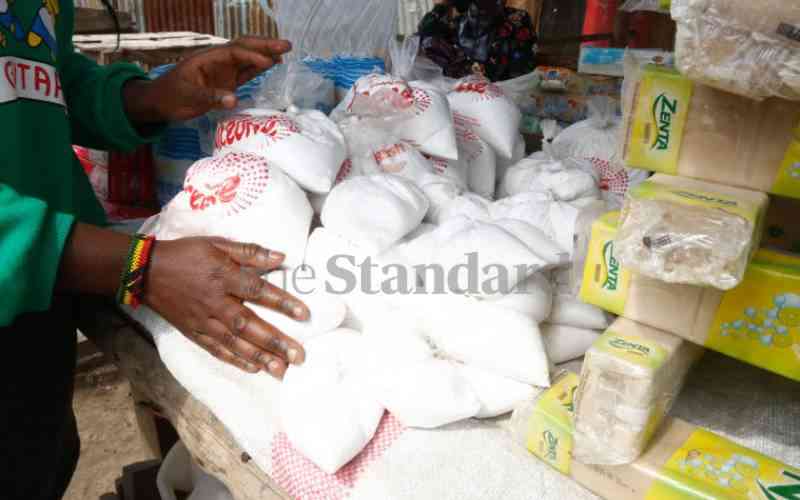×
The Standard e-Paper
Fearless, Trusted News

It's fascinating how English appropriated some words from other languages. The word kiosk has a Turkish origin. Duka, chapati and surprisingly thug have Indian origin.
Are unbwogable and Wanjiku now English words? In villages and hamlets, and big cities too, kiosks are the outlets through which the vast majority of people get their basic supplies from sugar, soap, salt, and bread among others.